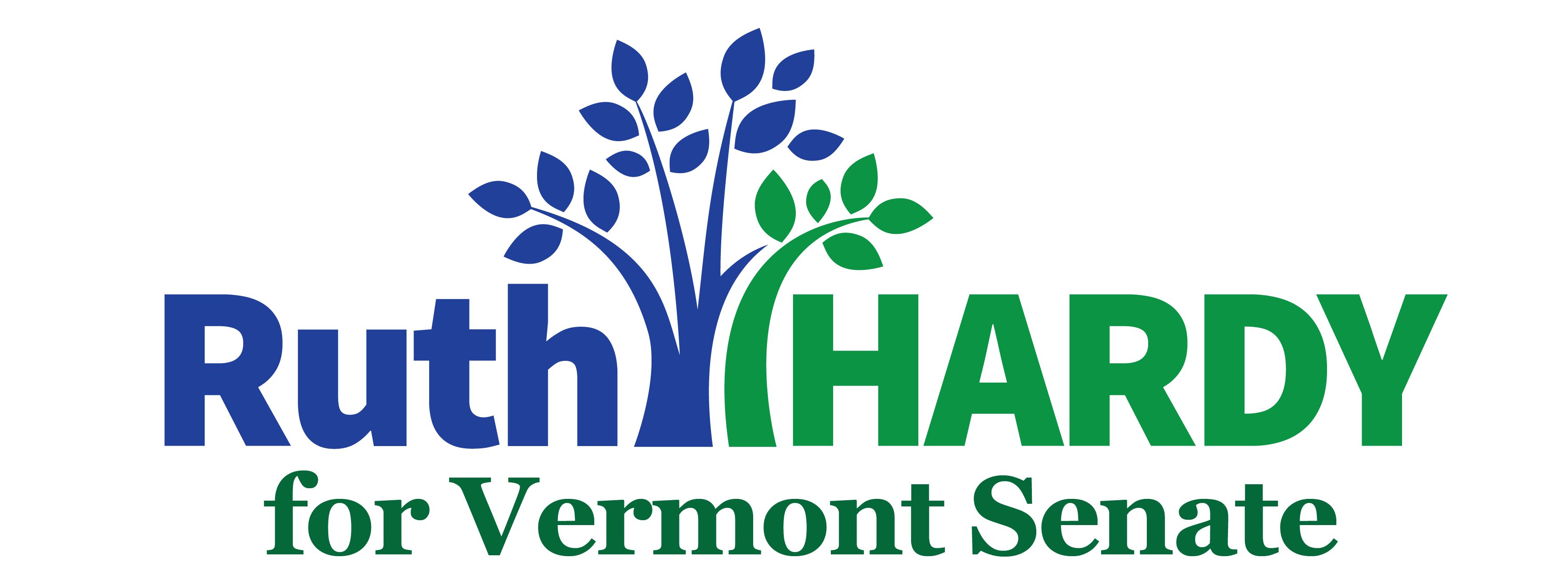The power and freedom to read are imperative to understanding yourself and the world around you. This session we passed two important bills that protect public libraries and improve the way our schools teach reading, enhancing intellectual freedom and literacy in Vermont.
S.220, the Vermont’s Public Libraries bill, grew out of recommendations from an extensive report on the Status of Libraries in Vermont. The bill requires both public and school libraries to adopt material selection policies affirming intellectual freedom and guided by the First Amendment, Civil Rights Act, and other state and federal laws prohibiting discrimination. In an era when book banning is on the rise, it’s crucial that Vermont libraries have policies in place to address concerns and prevent pulling books from library collections based on discrimination or narrow political beliefs. The bill also requires confidentiality for teen library records, adds public libraries to the list of locations especially protected from criminal threatening, clarifies the public library governance statutes, and expands the duties of the State Department of Libraries. Read more about S.220 from the Vermont Library Association. Libraries are part of the foundation of our democracy and it’s crucial that we protect them as a public resource for everyone.
The second bill is S.204 to support young readers through evidence-based literacy instruction, which also grew out of data showing that Vermont reading instruction efforts aren’t working and recommendations from the Advisory Council on Literacy for changes in the methods that many Vermont educators use to teach kids to read. The bill requires schools to screen all students in grades K-3 to determine a student’s reading level and implement appropriate actions to bring a child to grade-level reading ability, including parental notification. The Agency of Education (AOE) must provide guidance and support to school districts in these efforts. The bill also requires that schools provide “systematic and explicit evidence-based reading instruction” and comprehensive plans on how to do so. Further, the bill includes requirements for teacher professional development in reading instructional practices and improvements in educator preparation programs. Finally, the bill provides the AOE with a new position to support evidence-based literacy work. The ability read affords people with the means to understand the world, engage in public affairs, attain employment, and find joy in creativity, so it’s so important that Vermonters are equipped with reading skills!
Header Photo: Bookshelves at the Platt Memorial Library in Shoreham.

